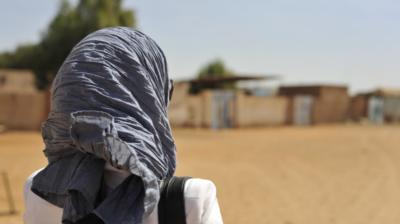Monitoring & evaluation for integrity policies, bodies, and programming
How to cite this publication:
Sofie Arjon Schütte,Monica Kirya (2024). Monitoring & evaluation for integrity policies, bodies, and programming. Naivasha: ( )
The U4 workshop convened 40 participants over two days at Lake Naivasha. The participants came mostly from the technical committee of the Kenya Leadership Integrity Forum (KLIF) as well as representatives development partner agencies.
KLIF brings together 20 sectors and more stakeholders from civil society and religious organizations in a multistakeholder forum to map out an integrated approach to preventing and combating corruption. In early 2024, KLIF launched its third consecutive Kenya Integrity Plan (KIP) 2023-2028. Strategic objectives for the new phase are:
- to enhance the capacity of the KLIF to implement a collective approach in the fight against corruption;
- to promote the strengthening of policy, legal, and institutional framework in the fight against corruption;
- to promote ethics and integrity in the public and private sectors; and
- to promote ethics and integrity in society.
Part of the planned activities is the development and implementation of a standard monitoring and evaluation (M&E) and reporting framework for the KIP. The U4 workshop followed a quarterly meeting of the KLIF technical committee members on 16 April and aimed to feed into this development and provide analysis and ideas from existing good international practices.
The workshop objectives were to:
- Provide the opportunity to discuss the goals of the Kenya Integrity Plan 2023-2028 and how to measure its implementation
- Share research insights and international experiences on monitoring and evaluation of anti-corruption strategy implementation
- Learn about existing data sources to draw on and the development of bespoke indicators keeping marginalized groups in mind




